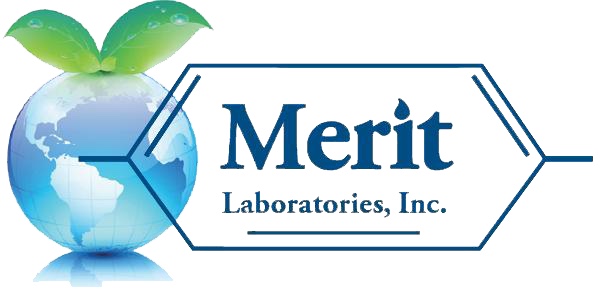PFAS, the “forever chemicals,” have the ability to migrate into the air, dust, food, soil and water. They are used in many common products like weatherproof clothing, non-stick cookware, and firefighting foam.
PFAS are called “forever chemicals” because they are persistent and bioaccumulate. Persistent means they do not break down in the environment and bioaccumulate refers to the process of building up over time in the blood and organs. Establishing the right clean-up standards for PFAS along with the effective regulation to eliminate PFAS chemicals is crucial. Some of the most commonly known PFAS compounds include:
Perfluorooctanoic acid (PFOA),
Perfluorooctane sulfonic acid (PFOS),
Perfluorohexane sulfonic acid (PFHxS), and
Perfluorononanoic acid (PFNA).
What Consumer’s Should Avoid Buying to Limit Exposure to PFAS:
Scientific research suggests that exposure to PFOA and PFOS in today’s consumer products are typically low. The greater risk appears to be the ingestion of contaminated drinking water. Some products that may contain PFAS include:
Some grease-resistant paper, fast food containers/wrappers, microwave popcorn bags, pizza boxes, and candy wrappers
Nonstick cookware
Stain-resistant coatings used on carpets, upholstery, and other fabrics
Water resistant clothing
Cleaning products
Personal care products (shampoo, dental floss) and cosmetics (nail polish, eye makeup)
Paints, varnishes, and sealants
There is a crucial need to mitigate PFAS exposure, eliminate PFAS usage in manufacturing, and protect our drinking water systems. The impact of PFAS contamination is extremely hazardous, including the migration of PFAS into drinking water sources at sites throughout the United States. To illustrate the harm that PFAS chemicals can cause, the U.S. EPA says that just a single teaspoon of PFAS in an olympic size swimming pool can have health effects. Major health effects caused by PFAS include: low infant birth weights, liver damage, increased high cholesterol levels, and kidney and testicular cancer, according to the Agency for Toxic Substances and Disease Registry.
Merit is a leading national PFAS environmental laboratory, analyzing drinking water, soil, wastewater, groundwater, and other sample matrices, including biosolids and sludge. Analytical methods performed by Merit for PFAS include drinking water by EPA 533, EPA 537.1, and EPA 537 rev. 1.1 and soil, wastewater, groundwater, and surface water by ASTM D7968 with Isotopic Dilution.

